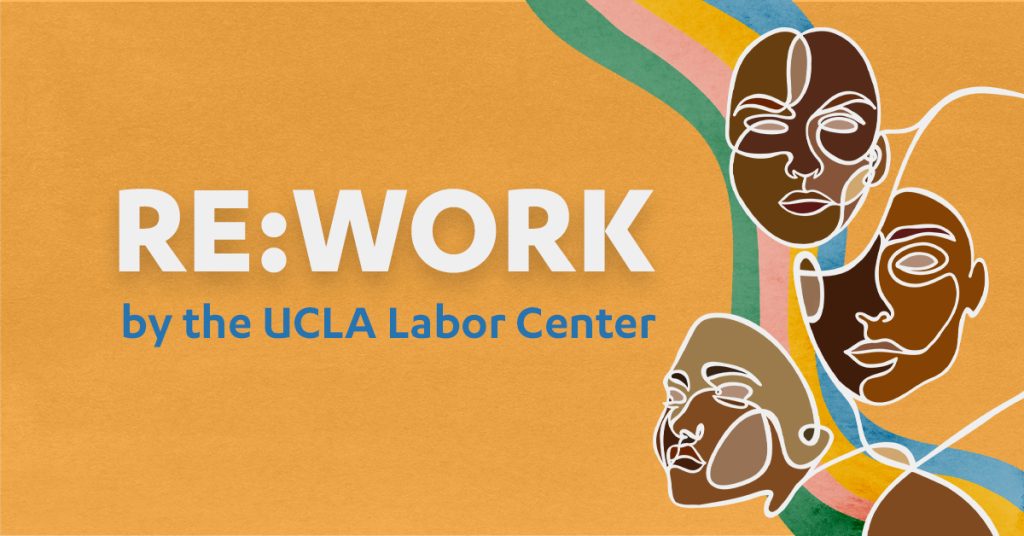The Fast-Food Industry and COVID-19 in Los Angeles
By: Kuochih Huang, Ken Jacobs, Tia Koonse, Ian Eve Perry, Kevin Riley, Laura Stock, and Saba Waheed
The Fast-Food Industry and COVID-19 in Los Angeles finds that working conditions in the Los Angeles fast-food industry lead to an increased risk of COVID-19 transmission in communities of color, and $1.2 billion in public costs as a result of low wages that have plagued the industry for years. Fast-food is an integral part of the food sector in Los Angeles, comprising nearly 150,000 restaurant workers, the vast majority of whom are women and workers of color.
Among other findings, the report notes:
- Black, Latinx, and Asian populations have disproportionately higher rates of infection, hospitalization, and death compared to their White counterparts. The interplay between essential workers, household size, race, and income is nowhere more obvious than in Los Angeles, where nine in ten fast-food workers are workers of color, and nearly three-quarters are Latinx.
- Workplace spread impacts households and communities. Over two-thirds of fast-food workers live in households with four or more people, which makes social distancing difficult or impossible.
- Because of low wages, more than two-thirds of the families of fast-food workers in LA County are enrolled in a safety net program at a cost of $1.2 billion to the public.
This report is a collaboration between the UCLA Labor Center, UC Berkeley Labor Center, UCLA Labor Occupational Health and Safety Program, and UC Berkeley Labor Occupational Health Program. It is based on demographic and government data and will be followed by a second report on the working conditions and experiences of fast-food workers in summer 2021.
Read the full report here.
Watch our press briefing here.
Related links
LAist
KPCC
KCRW
Business Insider
Safe and Healthy
Los Angeles Times
San Francisco Chronicle Opinion
San Francisco Chronicle

